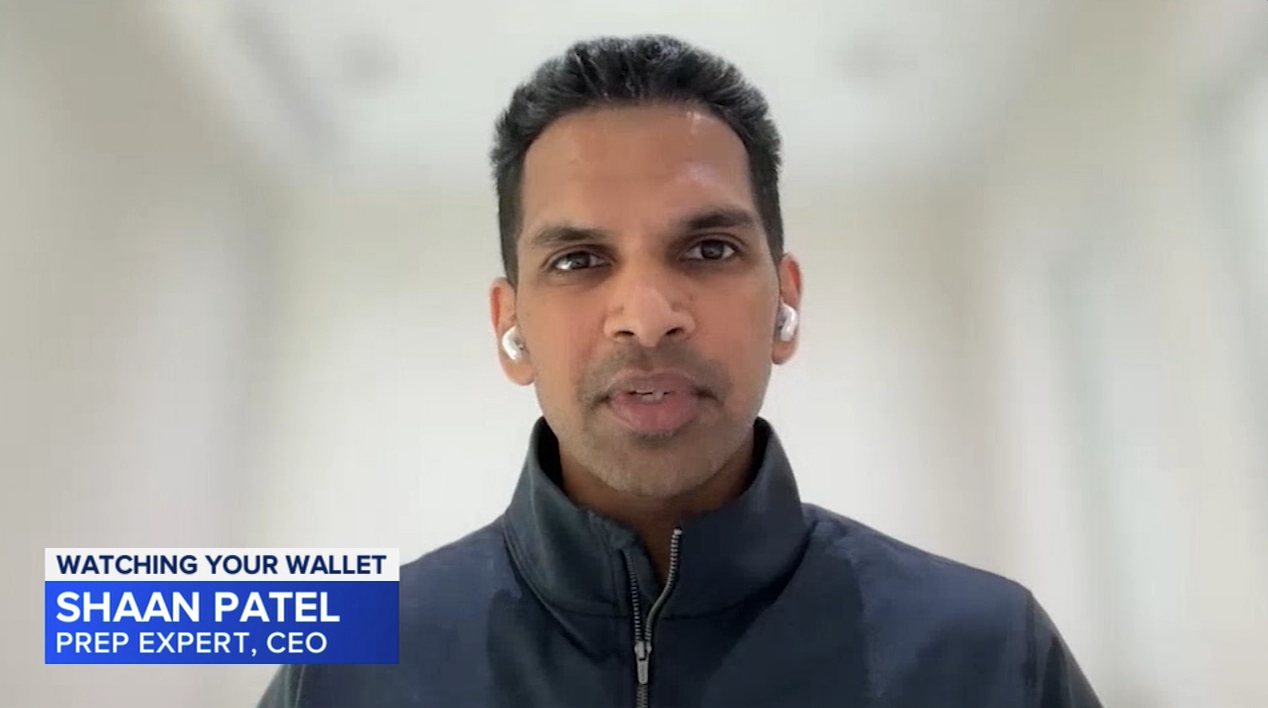What to Look For in Colleges: A Guide to Successful Searching

When you’re making college decisions, you have a lot to keep in mind. Your college experience isn’t just the four or so years that you’re there; the decisions you make about where to go to school will impact your career, family life, and really, your entire future. It’s an extremely important decision– the first real adult decision that many students will make. You need to make an informed decision and consider many aspects of a college’s offerings to find the right school for you. Here’s what to look for when choosing a college to apply to or attend.
Academic Programs: Majors and Minors Matter
At the heart of any college decision is the academic experience. You should begin by identifying whether a college offers the majors and minors you are interested in pursuing. If you have a clear career path in mind, finding a school with a strong program in their desired field is crucial. For example, a student passionate about environmental science will want to prioritize schools with robust research opportunities, specialized faculty, and dedicated resources in that discipline.
It’s also important to pay attention to what your school of choice doesn’t offer; an aspiring journalist might be disappointed by a college without a student newspaper, while a future engineer could miss out if the school lacks cutting-edge labs or industry partnerships. Identifying gaps in programs, extracurriculars, or support services can help ensure that your chosen college aligns with both your dreams for your future.
And if you’re not sure what you want to do yet, that’s ok, too! For undecided students, it’s a good idea to look for institutions with a broad range of programs and the flexibility to explore different fields. Liberal arts colleges often provide an interdisciplinary approach, encouraging exploration across the humanities, social sciences, and natural sciences. Larger universities typically offer a wider array of specialized programs, and some schools specialize even further.
Additionally, consider whether the school allows for double majors or minors and how easy it is to switch majors if your interests change. Academic advising resources and the quality of the faculty should also play a role in your evaluation.
Community Life: Finding Your Place
While academics are the main focus, college is also a social and personal experience. The community on campus significantly affects a student’s sense of belonging and well-being. Factors like campus culture, extracurricular activities, and the diversity of the student body all contribute to this environment. If you go to a school where you feel lonely or uncomfortable, it can have a major impact on your ability to succeed. Surveys show that more than half of students who aren’t involved with campus life are dissatisfied with their college experience.
When researching colleges, you should think about whether you want a small, intimate campus or a large, bustling university. Smaller schools often provide closer relationships with professors and peers, while larger schools may offer more clubs, organizations, and resources.
Campus visits can offer valuable insight into the community. Attend a class, tour the dorms, and speak with current students to get a sense of the atmosphere. Pay attention to how students interact– are they collaborative or competitive? Do they seem engaged and supportive? This intangible “feel” can be as important as any statistic. Visit as many colleges as possible while you’re working on the selection process. Even if you choose not to apply to one of them, the on-campus experience is valuable.
Additionally, consider the availability of support systems, including mental health services, career counseling, and affinity groups. Colleges that prioritize student well-being create an environment where students are more likely to thrive academically and socially.
Location: More Than Just Geography
Location plays a vital role in the college experience. Whether a student prefers the hustle of a major city or the quiet of a rural campus, the setting will shape daily life. Urban schools offer proximity to internships, cultural events, and networking opportunities, while rural campuses often provide a strong sense of community and outdoor recreational options.
Climate is another consideration. Do you prefer snowy winters or a mild year-round climate? Believe it or not, the weather really can have a major impact on college success! Distance from home is also important to think about. Some students thrive being far from home, while others feel more comfortable staying closer to family and familiar surroundings.
Moreover, location impacts post-graduation opportunities. Schools in major metropolitan areas may provide easier access to job markets, especially in industries like finance, technology, and media. Regional reputation can also influence future employment prospects, with some colleges enjoying stronger networks in specific geographic areas.
Reputation
You know how they say “don’t judge a book by its cover”? Well, as much as that’s relevant– and you shouldn’t– the fact is, the prestige of a college can go a long way in certain careers and situations. When you look at a college’s reputation, it isn’t just about academics; the strength of the alumni network and the value of the college’s name can go a long way. When you tell someone that you’re a Harvard student, they will make positive assumptions about you. This is part of meritocracy; it’s a way to demonstrate that you’ve earned the right to be associated with excellence.
However, reputation should be viewed alongside personal fit. A lesser-known school with a specialized program might provide better training and job preparation in specific fields. Furthermore, reputation can be regional– what is prestigious on the East Coast may hold less sway on the West Coast, and vice versa.
The strength of the alumni network is an important but often overlooked aspect of reputation. Colleges with engaged and supportive alumni can open doors through mentorship, job leads, and industry connections. When researching colleges, investigate whether graduates actively support current students and whether the school hosts networking events or has strong career placement services.
Opportunities Outside the Classroom
A college education extends beyond lectures and textbooks. You should think about the range of experiential learning opportunities available, as these can significantly enhance academic, personal, and career development. The opportunities you have outside the classroom can extend the value of your education and lead to exciting new chances!
Opportunities to consider when choosing a college include:
- Study Abroad: For students interested in global experiences, it is worth investigating whether the college offers robust study abroad programs. Some institutions have partnerships with universities worldwide, while others provide faculty-led programs designed for specific disciplines; for example, at the University of Notre Dame, all architecture students spend a year studying in Rome to understand the principles of classical architecture and the integration and preservation of historical and modern principles in a global city.
- Internships and Co-ops: Practical experience is invaluable in today’s job market. Look for schools with strong internship programs, partnerships with local companies, and dedicated career services offices. Cooperative education (co-op) programs, which integrate work experience with academic coursework, are particularly advantageous for fields like engineering and business
- Undergraduate Research: Research opportunities are not limited to graduate students. Many colleges offer undergraduates the chance to work alongside faculty on cutting-edge projects, providing invaluable hands-on experience that enhances graduate school applications and resumes.
- Alumni Mentorship: Programs that connect current students with alumni can offer guidance, job leads, and professional mentorship. These connections often play a key role in launching successful careers.
Scholarships Offered
Cost is a major factor in the college decision-making process. Tuition, fees, and living expenses add up quickly, making affordability a key consideration for most families. While some schools, like Harvard and MIT, are eliminating tuition for many students, affordability is still a major issue.
Research each school you’re interested in and find out everything about their financial aid policies. Some colleges offer need-based aid, which adjusts based on your family’s financial situation, while others provide merit-based scholarships for academic, athletic, or artistic achievements. Private institutions with large endowments often have more generous financial aid packages than public universities.
The Smart Student’s Approach to the College Selection Process
A successful college search requires both reflection and research. Students should begin by identifying their values, goals, and priorities: academic interests, social environment, career aspirations, and financial constraints. Creating a balanced list of reach, match, and safety schools ensures options while reducing stress. Take advantage of virtual tours, college fairs, and informational interviews. Engage with admissions counselors and current students to gain firsthand perspectives. Finally, trust your instincts. Beyond rankings and prestige, the best college is one where you feel supported, challenged, and excited to learn. When you approach the process with curiosity and intentionality, you can find a college that meets your needs and helps you thrive academically, socially, and professionally.
Here at Prep Expert®, we want every student to find their best fit college. Our standardized test prep courses will help you ace the SAT and ACT for the best chances of getting into your ideal school. Browse our course catalog today and prepare for college readiness!
Written by Dr. Shaan Patel MD MBA
Prep Expert Founder & CEO
Shark Tank Winner, Perfect SAT Scorer, Dermatologist, & #1 Bestselling AuthorMore from Dr. Shaan Patel MD MBA

Ivy League Applications: What Sets A Student Apart
Every year, tens of thousands of students apply to Ivy League schools. Only a small fraction receive an offer of…

The Student Loan Rules Just Changed—And Most Families Aren’t Ready
By Dr. Shaan Patel, CEO & Founder of Prep Expert® Student loans have always been complicated. But starting in…

Confidence Is the Hidden Score Booster No One Talks About
Most students think SAT® and ACT® success comes down to knowing more math formulas or grammar rules. That’s only half…